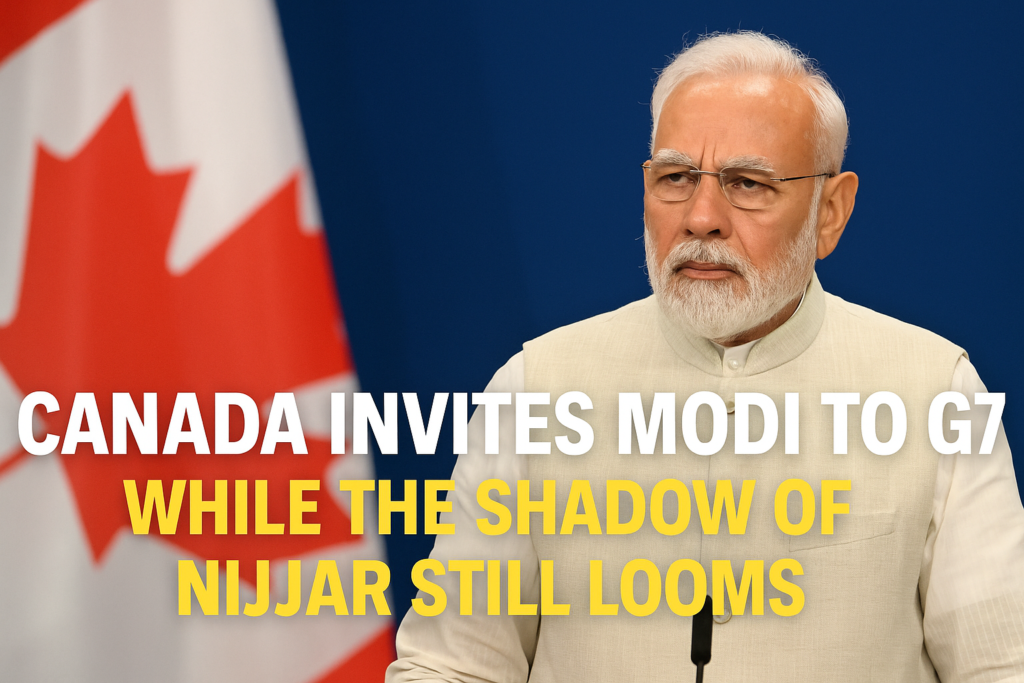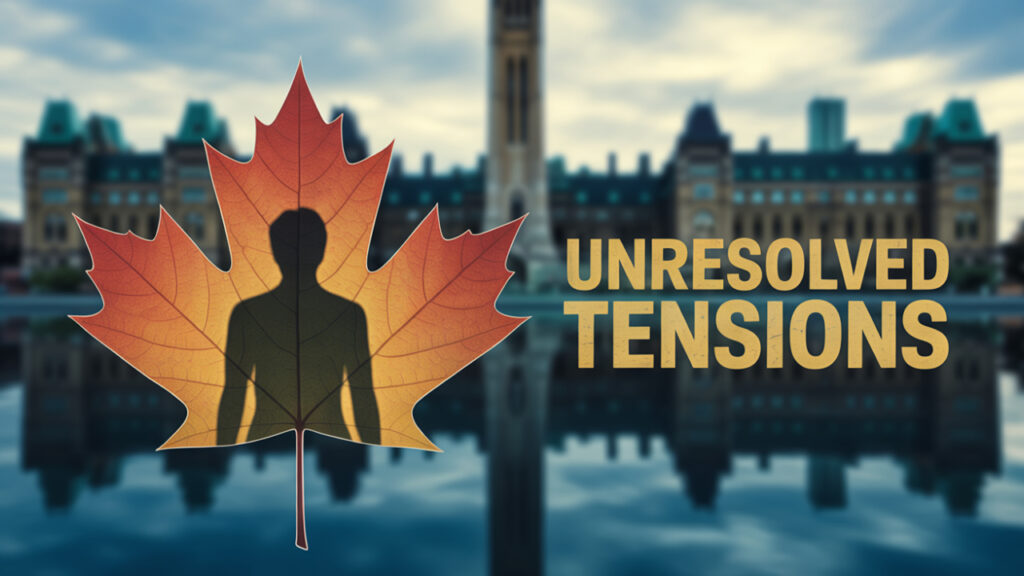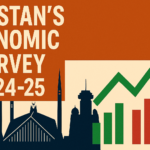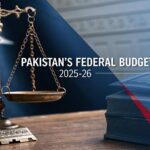
Sometimes, a handshake can echo louder than protest.
The Canadian government has officially invited Indian Prime Minister Narendra Modi to the upcoming G7 Summit a decision that has reignited emotional and political reactions across Canada’s Sikh diaspora. Many are asking: Was Hardeep Singh Nijjar forgotten so soon?
The controversy dates back to June 2023, when former Prime Minister Justin Trudeau publicly stated that Canadian intelligence had credible allegations linking Indian agents to the killing of Nijjar, a Sikh separatist leader, in British Columbia.
India denied the accusations outright, calling them “absurd,” while both countries engaged in tit-for-tat diplomatic expulsions. Now, under a new Canadian government, Modi’s G7 invitation is being seen by some as a reversal of tone and by others, as a deeper test of political priorities.
Diplomacy or Double Standards?
Several Sikh organizations have expressed disappointment over the invitation, calling it “inconsistent” with the values of accountability and justice.
“First, you make serious accusations then you roll out the red carpet?” read a widely shared online post. “That’s not diplomacy, that’s contradiction.”
Experts say Canada’s new leadership is attempting to walk a tightrope: upholding global alliances while managing the internal tensions left behind by unresolved investigations and community outrage.
India, meanwhile, stands to gain from its elevated global status with its G7 presence highlighting its strategic influence, regardless of past diplomatic frictions.
Pain Unaddressed, Voices Unheard
Many in the Sikh community feel that justice for Nijjar has faded from the national conversation. Protests are expected in major cities, and digital forums across Canada’s diaspora have reignited with questions about equity, safety, and representation.
“Does democracy pause when diplomacy begins?” asked a post on a Canadian Sikh youth forum. “Because we’re feeling invisible again.”

Beyond Borders, Beyond Politics
This moment isn’t just about Canada and India. It’s about trust particularly the kind that minority communities place in democratic institutions.
The current Canadian government has avoided revisiting past statements made under Trudeau, focusing instead on restoring strategic engagement. But for the Sikh community, the emotional wound remains open.
Over 770,000 Sikhs live in Canada, and many now feel like their voices have been sidelined not because they are silent, but because their pain no longer fits into the policy narrative.
And then… silence.
Not because people stopped caring but because they’ve seen this before: when justice is promised, and then politely postponed.
Strategic alliances may change. But the question remains: Can a nation honor its global interests without compromising the dignity of its own people?
For many, Nijjar’s story remains unfinished and unforgettable.










